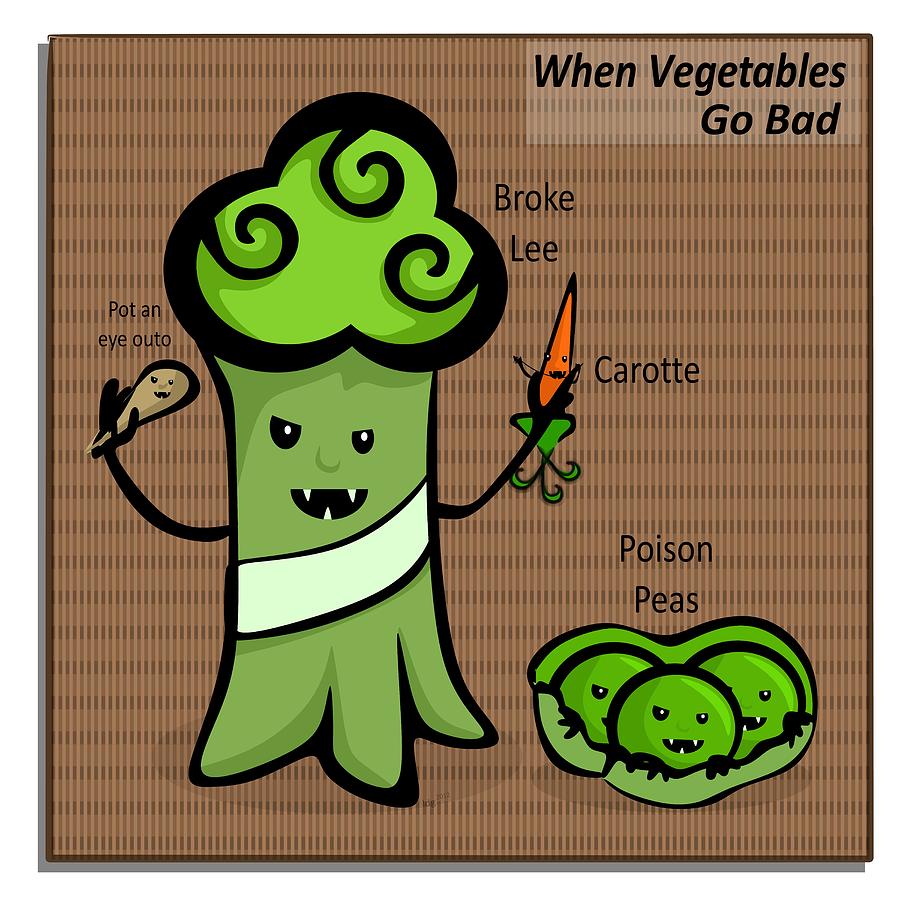Idiom: off season
; used as a noun or adjective
First Example:
John thought he could afford to go skiing when he saw cheap rates for hotel rooms - only $59 a night! He started to make plans with his friends, but then he realized those rates were for the off season. During the time of year that there was snow, the rooms were over $200 a night! That's too expensive!
Meaning: "Off season"
is a phrase that refers to a period when something is not usually done. This
idiom is often used to specify an unpopular time to go to a certain place, such
as in the example. Many areas that are
popular destinations for skiing are not popular when there is no snow, so times
with no snow (such as during summer) would the "off season." Things
such as hotel rooms are usually cheaper in these types of areas during off seasons. In the example above, "off season" is used a noun,
referring to the time period. This idiom
can also be used as an adjective, and it is also commonly used to describe when
a sport is not played, such as in the next example:
David: Hey Chuck, what are you doing after work
tonight?
Chuck: I'm going to the gym. I've got to stay in shape for my basketball
league.
David: But basketball season ended a month ago. Can't you take some time off?
Chuck: I did last year, and I was really out of shape
when the season started. This year, I've
decided to do some off-season
training to make sure I'm ready when it starts.
David: Wow, you're really dedicated.
In this case, Chuck is doing off-season training to make sure he
stays in shape even though the basketball season recently ended. Notice that a hyphen is used when the phrase
is used as an adjective that comes before a noun; this is to make sure the reader
understands that "season" is not a noun but part of an adjective.
Note: While "off season"
would seem to be the antonym of "in season," the two are actually used
in different (and possibly confusing) ways.
While "off season" is used for activities and sports, "in
season" is used for foods that are available for limited times and times
that certain animals can be hunted.
Strawberries and duck hunting can be "in season", but you
would not say they are "off season" when not available/legal;
instead, you would say they are "out of season." Conversely, skiing areas and basketball can be
"off season," but you would not say that skiing or basketball is
"in season."
This idiom is from the upcoming
edition of LSI's book "Reading Horizons," which will be used in the
Level 6 Reading classes. For more information, please visit http://www.languagesystems.com/






